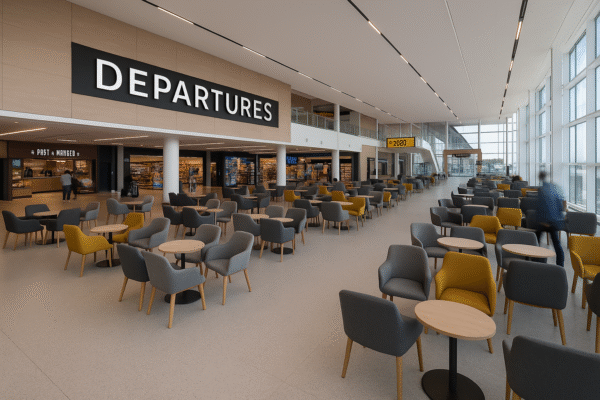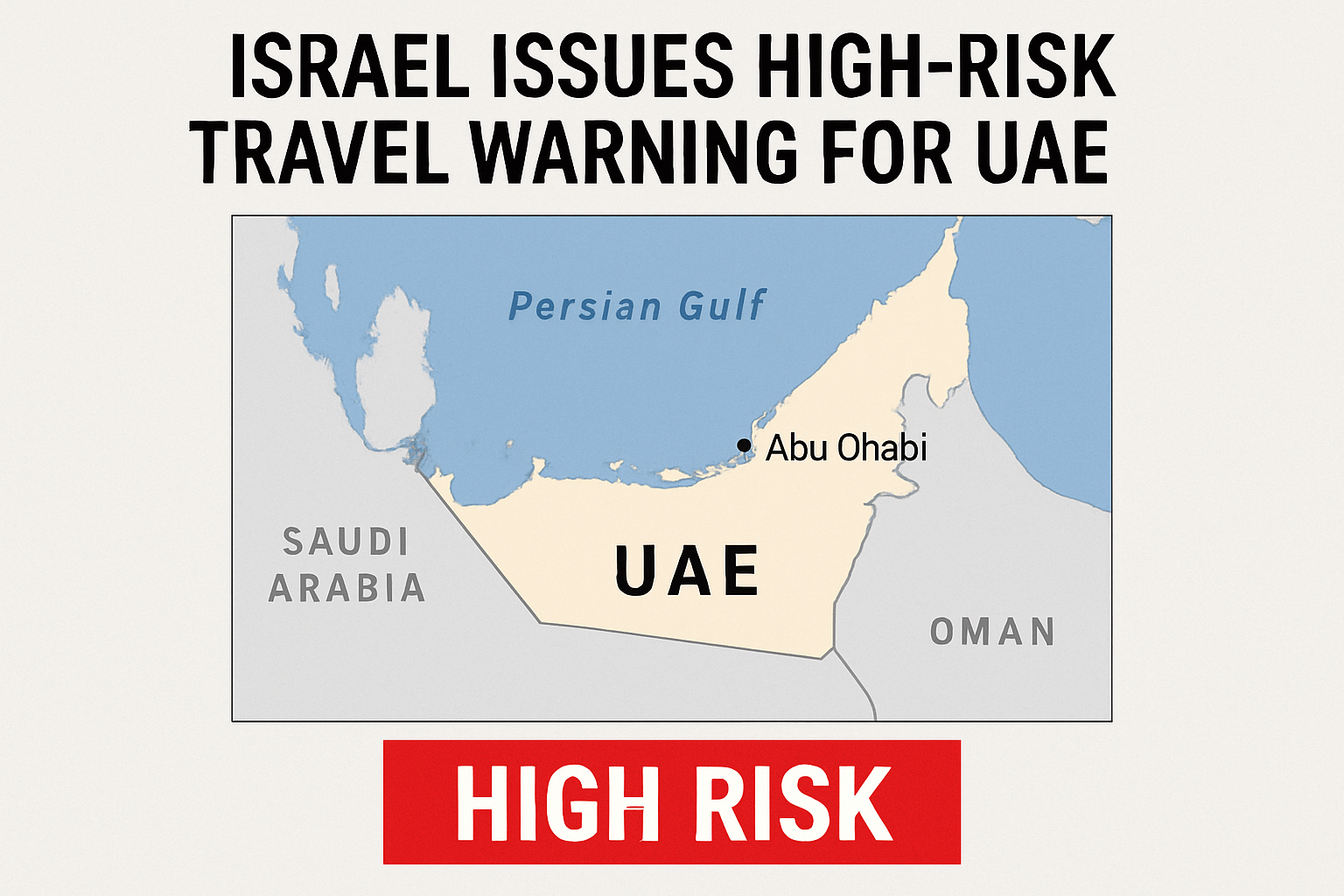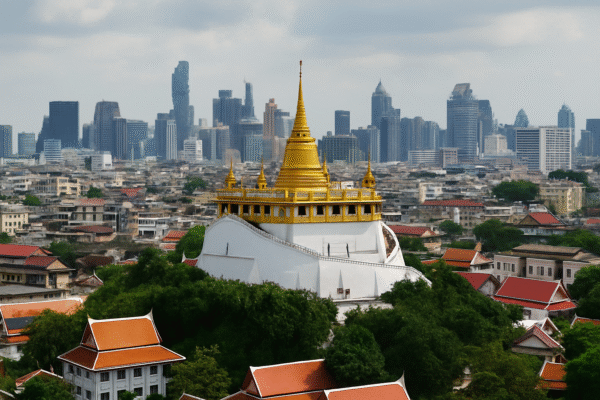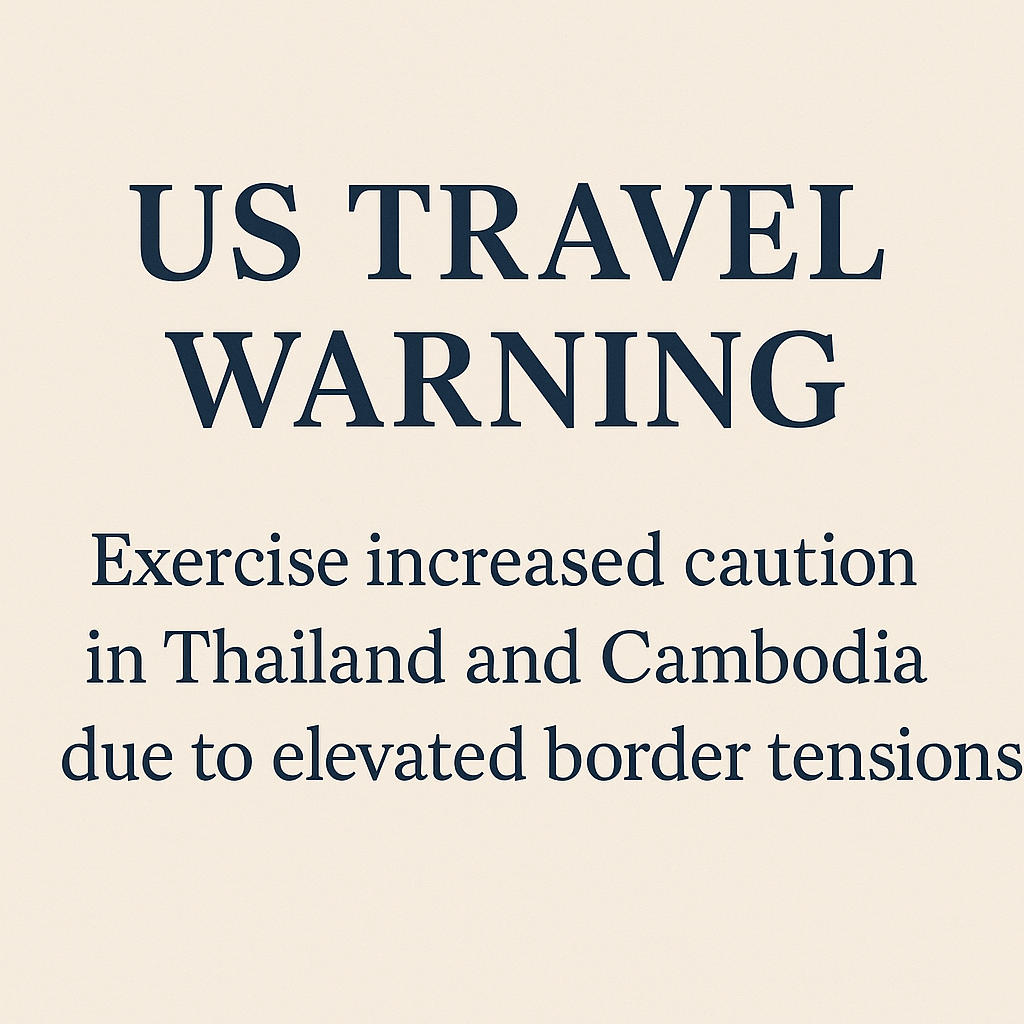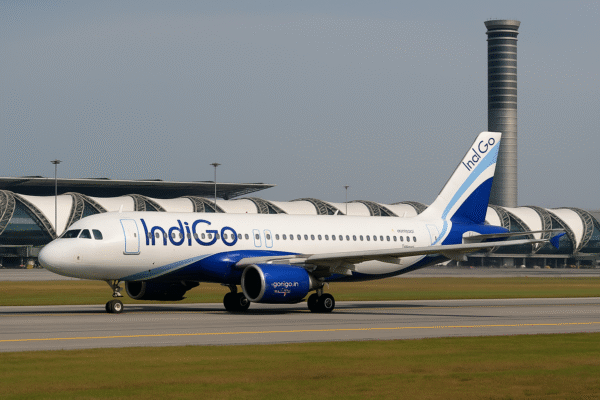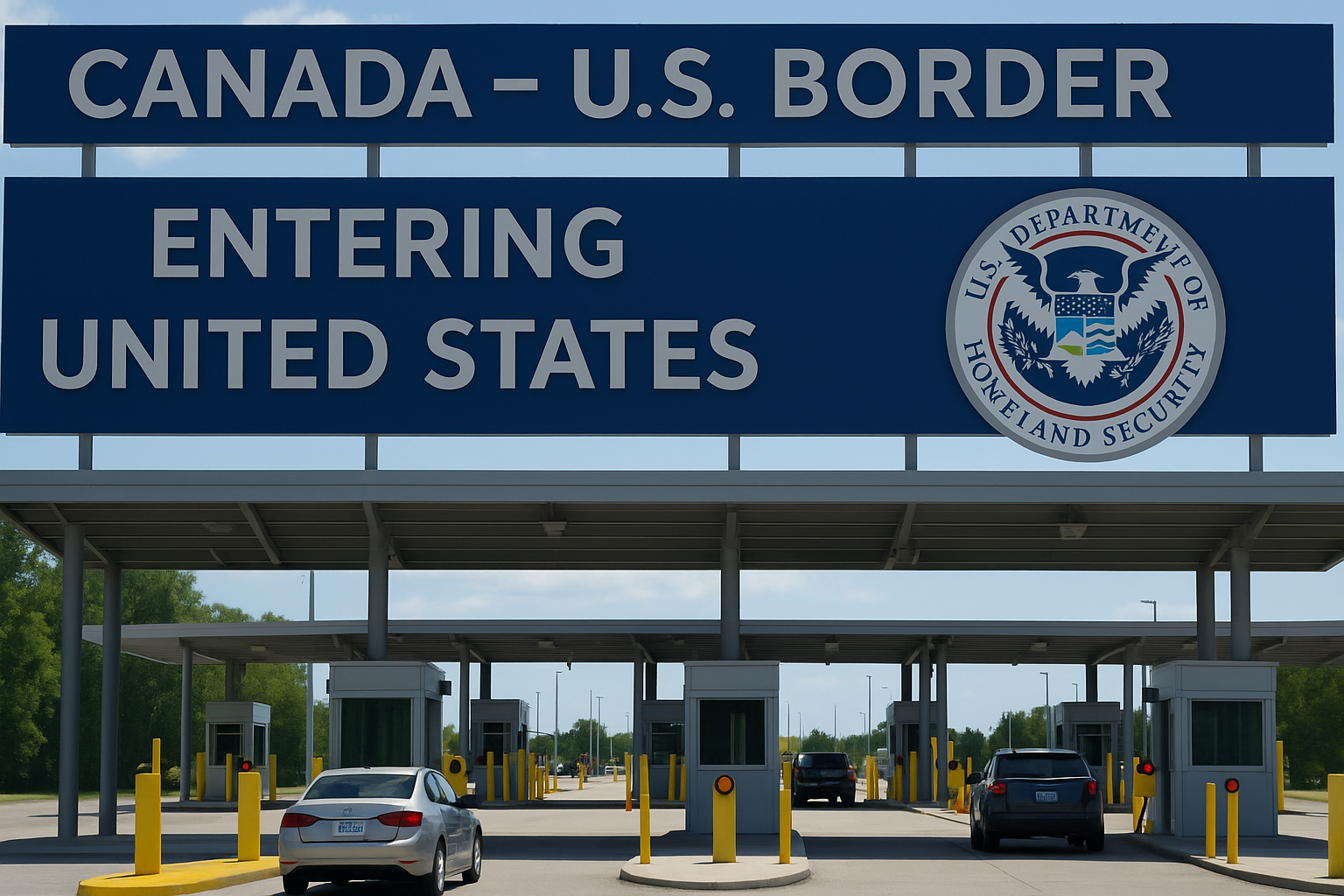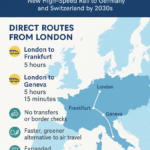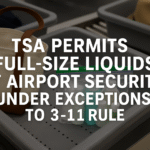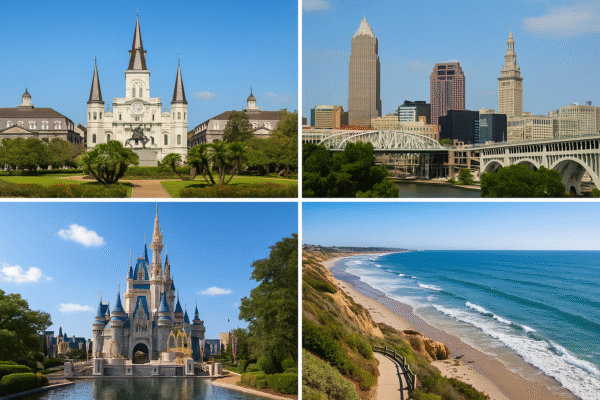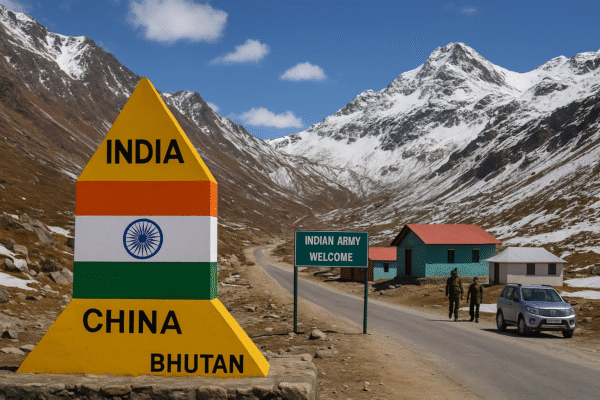SALT LAKE CITY, UTAH — In a surprising shift, Canadian tourism to Utah and the broader United States is experiencing a steep decline in 2025, driven by more than just rising travel costs. A newly released survey by Salt Lake City-based Love Communications reveals deeper political and economic factors behind the drop, with many Canadians citing recent U.S. policy changes and bilateral tensions as reasons for canceling trips.
Salt Lake City International Airport, which typically enjoys steady inbound traffic from Canada, is witnessing a notable slowdown. According to Bill Wyatt, Executive Director of the airport, despite offering over a dozen weekly flights from major Canadian cities such as Toronto, Vancouver, Montreal, and Calgary, Canadian traffic has been “a little slow” this year.
By contrast, flights between Salt Lake City and destinations in Mexico and Europe remain strong. The airport even celebrated the launch of its first trans-Pacific flight to Asia in more than a decade, which departed at full capacity earlier this month. This sharp contrast makes the decline in Canadian visitors all the more striking.
A Broader Trend Beyond Utah
This isn’t an isolated issue. Nationally, Statistics Canada reports a 4% year-over-year decline in Canadian-resident air travel to the U.S. in May, and an even more dramatic 38% drop in cross-border road trips compared to the same period last year.
For Utah, this trend has serious economic implications. According to the University of Utah’s Kem C. Gardner Policy Institute, Canadian travelers made up 28% of all international tourists to the state in 2023, making Canada Utah’s largest international market. These visitors also topped the charts in spending, as reported by the Utah Office of Tourism.
Why Are Canadians Staying Away?
While fluctuating exchange rates and the rising cost of travel are important contributing factors, political tensions appear to be a major influence. The Love Communications survey, conducted in April among nearly 750 Canadian adults, found that half of the respondents either canceled or changed their plans to travel to the U.S.
The timing of the survey coincided with a particularly tense period in U.S.-Canada relations. On April 2, former President Donald Trump imposed a controversial 25% tariff on Canadian goods as part of what he branded “Liberation Day” plans. He also made inflammatory comments about possibly turning Canada into the “51st state.”
The fallout was immediate. The Yale University Budget Lab noted that by the end of May, tariffs on goods between the two countries still ranged from 10% to 25%, with both nations locked in a retaliatory standoff. According to Reuters, discussions were ongoing between the two governments to resolve the issue, but concrete resolutions have yet to be implemented.
Survey Insights: Rising Distrust and Boycott Sentiments
The survey’s findings show that over one-third of Canadian respondents now hold a negative view of the U.S., while only 12% reported a favorable opinion. Notably, nearly half attributed their negative views to recent policy shifts, and more than 75% of those who canceled travel cited the political boycott as a driving factor.
“I’m boycotting U.S. travel until all tariffs against Canada are lifted,” wrote one respondent.
Emotions such as “distrust,” “disapproval,” and “anger” were commonly expressed by those reconsidering or canceling their travel plans.
Financial Factors Still Matter
The unfavorable currency exchange rate—with the Canadian dollar valued at just $0.73 USD—adds another layer of hesitation. While not at its historic low, the value is down roughly 10 cents from its five-year high, reducing purchasing power for Canadians visiting the U.S.
“Cost was definitely a big factor,” explained BreAnne Sahleen, Marketing Analytics and Research Supervisor at Love Communications. Rising expenses in airfare, hotels, dining, and entertainment—compounded by inflation—are discouraging budget-conscious travelers.
Still Hope on the Horizon?
Despite current hesitations, the survey did reveal some optimism. Around two-thirds of respondents said they would consider traveling to the U.S. in the next three years, depending on how the political and economic landscapes evolve.
Some Canadians who are still planning trips have deeply personal motivations. A number mentioned family ties in the U.S. or longstanding traditions, like winter golfing in Florida, that are hard to let go of.
“There is intent to travel if things between Canada and the U.S. become less contentious,” Sahleen added. “The interest hasn’t vanished—it’s just on hold.”
A Wake-Up Call for U.S. Tourism Boards
This trend serves as a critical alert for tourism stakeholders in Utah and other U.S. states that have long benefited from Canadian visitors. It underscores the interconnectedness of diplomacy and tourism, and how foreign policy decisions can ripple through local economies.
To counteract the downturn, travel marketing agencies and tourism departments may need to rebuild trust, offer currency-sensitive pricing, and collaborate with Canadian operators to present the U.S. as a welcoming and economically viable destination once again.
For now, as tariffs linger and sentiment sours, destinations like Salt Lake City may have to wait for political tempers to cool and for travelers to regain confidence in cross-border vacations.
For more travel news like this, keep reading Global Travel Wire https://www.globaltravelwire.com/



